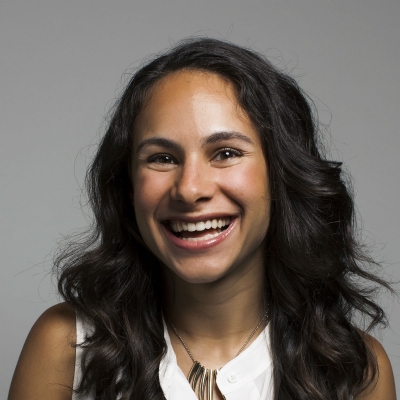Agencies
Q&A: Accuen CEO Megan Pagliuca Takes Staff From Omnicom Media Shops, Cuts Vendors by the Dozens

March 31, 2016 12:00 PM
Featured Stories
Possible 2025—what to expect from the conference
Industry leaders share what to expect from the Miami Beach event.




